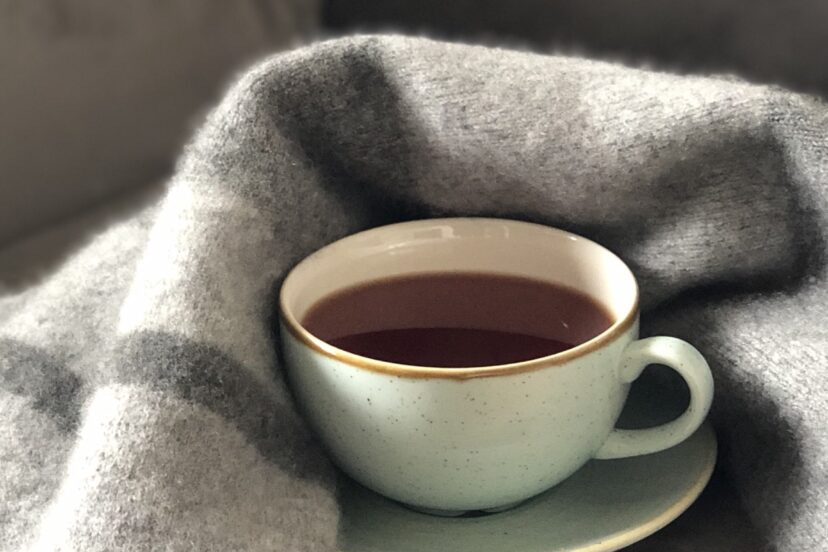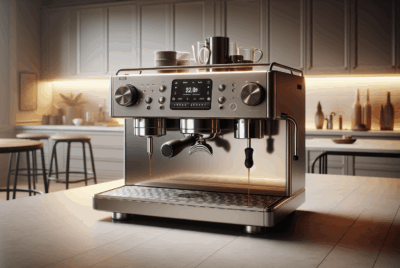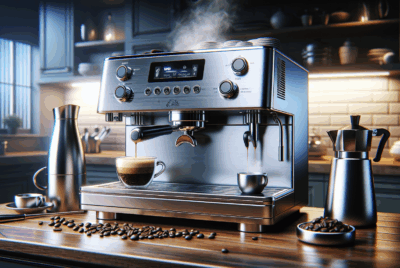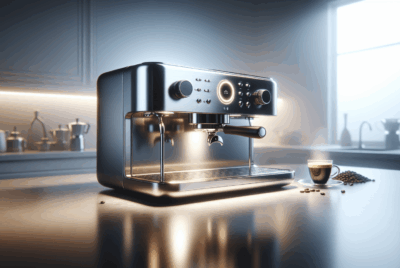Decaf Espresso: How Much Caffeine Does It Contain?
As an Amazon Associate, I earn from qualifying purchases, at no additional cost to you. Disclaimer
So, you’ve switched to decaf espresso, hoping to lower your caffeine intake, and I’m sure a question that’s been nagging you is “how much caffeine is really in my decaf coffee?” Well, you’re in luck! This article unravels the mystery behind decaffeinated espresso and reveals exactly how much caffeine it contains. With a blend of scientific research and expert testimony, we’re about to clarify whether decaf espresso is truly free from caffeine or if we’ve all been under a coffee-inspired illusion. Hold onto your mugs, it’s going to be an eye-opening journey!
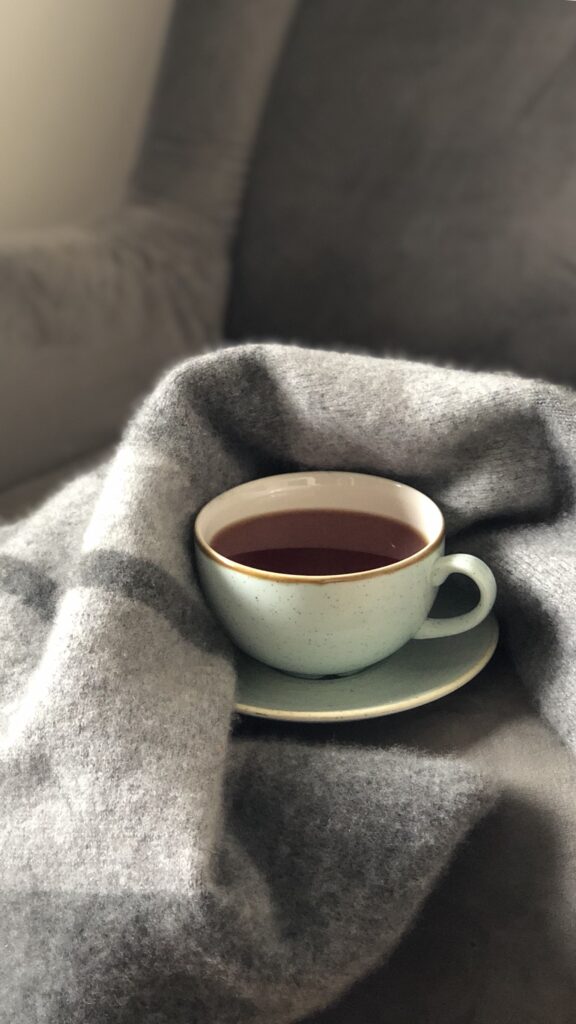
Understanding Decaffeination Process
Decaffeination is a fascinating subject that involves some scientific prowess. It intrigues me to think about how my favorite cup of Joe could be manipulated to hold less caffeine while still maintaining its unique flavor.
What is Decaffeination?
Decaffeination, as I understand it, is the process that removes the majority of caffeine from coffee beans. Decaffeinated doesn’t mean caffeine-free, as I once believed, and it’s interesting to know that even “decaf” coffee does contain some minimal amounts of caffeine.
Different methods used for decaffeination
There are several means by which my beloved espresso beans are decaffeinated. The most common methods include water process, carbon dioxide process, and the direct solvent method. Each method uses a different kind of solvent, or none at all in the case of the water process, to dissolve the caffeine in coffee beans.
How decaffeination process affects caffeine content
Decaffeination, I learned, reduces about 97% to 99.9% of caffeine. That’s quite significant! It means the caffeine content in my decaf espressos has been significantly reduced compared to their caffeinated counterparts.
Caffeine Content in Regular Espresso
Caffeine, the stimulant that’s not just in espresso but also in tea, cocoa, and other beverages, has intrigued me since I learned about its effects.
What is caffeine?
Caffeine, I discovered, is a natural stimulant found in several plants. When consumed, it stimulates the nervous system, keeping me alert and energized. Plus, I also learned it has a slight bitter flavor that adds to my espresso’s taste profile.
Caffeine levels in standard Espresso
A standard shot of espresso, I found out, generally contains between 63 to 92 milligrams of caffeine. Of course, this varies depending on numerous factors, including the type of coffee bean used and the brew method.
Factors influencing the caffeine content in regular Espresso
Factors that influence the caffeine content in my regular espresso range from the type of coffee bean, water temperature, grind size, and brewing time. It’s a continuous fascination for me to understand the complex world of coffee brewing.
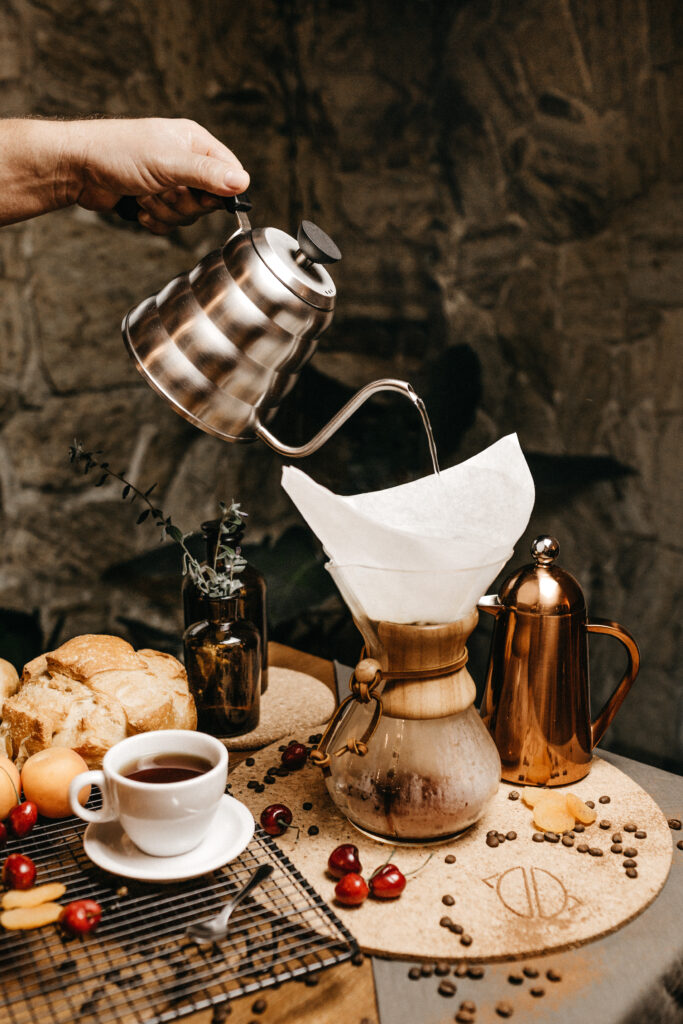
The Decaf Espresso
Decaf espresso deserves as much recognition as regular espresso, and that’s what I’ve come to understand as a coffee lover.
What Makes an Espresso Decaf?
An espresso becomes decaf after going through the decaffeination process I mentioned earlier. This process significantly reduces caffeine content while maintaining espresso’s distinct aroma and flavor.
How does Decaf espresso taste compared to regular espresso?
In my experience, there’s a slight difference in taste between decaf and regular espresso. Decaf typically has a milder flavor and less acidity. However, with advancements in decaffeination methods, the taste gap is closing fast.
Debunking myths about Decaf Espresso
There are several myths about decaf espresso, like decaf being caffeine-free (it’s not) or that it’s harmful to the health (it has similar health attributes to regular coffee). By understanding the facts, I’ve come to appreciate decaf espresso in its right.
How Much Caffeine Does Decaf Espresso Contain
Decaf espresso typically contains significantly less caffeine than regular espresso, though the exact amounts can vary.
Average caffeine content in Decaf espresso
Decaf espresso, on average, contains about 3 to 15.8 milligrams of caffeine per shot. That’s quite a substantial reduction from caffeinated espresso!
Factors affecting caffeine content in Decaf espresso
Several factors affect how much caffeine is in my cup of decaf espresso, including the type of bean, decaffeination process used, and brewing method. Each contributes to the caffeine concentration and consequently the coffee’s strength and flavor.
Comparison with regular Espresso
In comparison, regular espresso contains much more caffeine than decaf espresso – something that could be beneficial or detrimental, depending on one’s personal caffeine sensitivity or lifestyle.
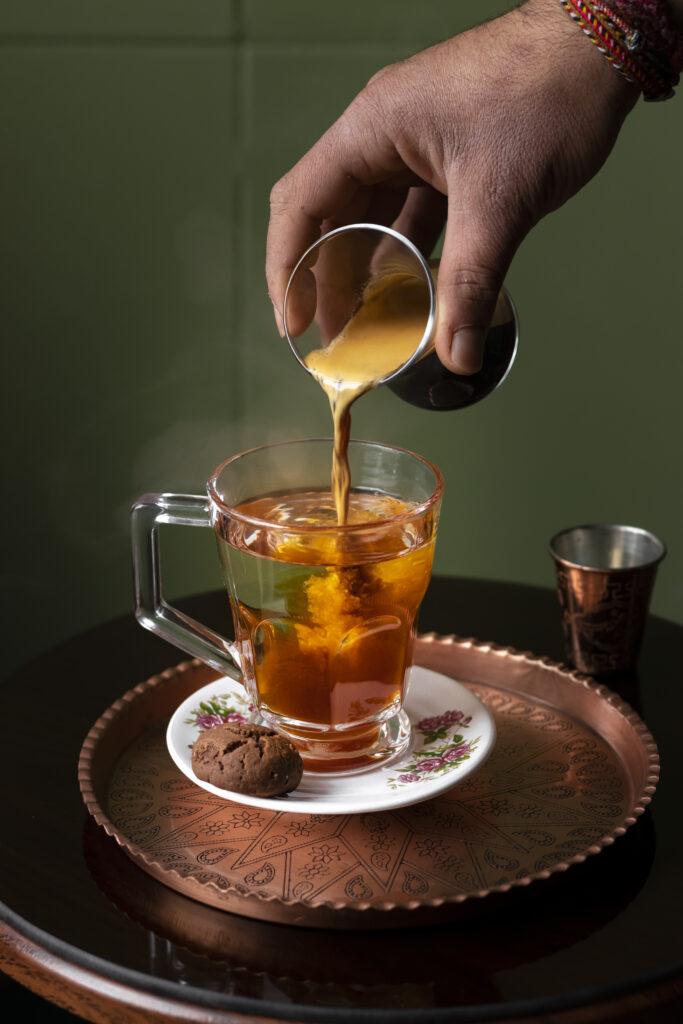
Misconceptions about caffeine in Decaf Espresso
I discovered numerous misconceptions about caffeine content in decaf espresso and was surprised to unravel the reality behind them.
Is Decaf Espresso totally caffeine-free?
Contrary to popular belief, decaf espresso is not entirely caffeine-free. It contains a minimal amount of caffeine, which can vary depending on a multitude of factors, but it’s significantly less than your standard caffeinated espresso.
Commonly held myths about Decaf Espresso
Common myths about decaf espresso abound, from the idea that it’s completely caffeine-free to the notion that it’s less flavorful than caffeinated coffee. The truth, I’ve found, is that decaf retains much of the taste and aroma of regular coffee, with a slightly different flavor profile and caffeine content.
Scientific facts about Decaf and caffeine
Science has debunked most of these myths, proving that decaf does contain some caffeine, and its less intense flavor is primarily due to the decaffeination process. Interestingly, the caffeine content in decaf espresso can even vary by brand, which we’ll explore later.
Health Implications of Decaf Espresso
I’ve spent some time researching the potential health effects of decaf espresso and have found some interesting information.
The effects of consuming Decaf Espresso
From decreased jitters to less likelihood of caffeine-related insomnia, the health effects of consuming decaf espresso are generally more subtle since the caffeine content is lower. However, like all foods and beverages, it’s best enjoyed with moderation.
Potential health benefits of Decaf Espresso
There are benefits to consuming decaf espresso, such as reduced disruptions to sleep patterns or a lower risk of heart palpitations associated with high caffeine intake. Plus, I get to enjoy the other beneficial compounds found in coffee, like antioxidants, without the stimulant effect of caffeine.
Possible health drawbacks of Decaf Espresso
Decaf espresso is generally safe to consume, although those with certain health conditions should consult with their doctor. Possible drawbacks might include lower energy levels due to lack of caffeine, or potential reactions to the chemicals used in some decaffeination processes.
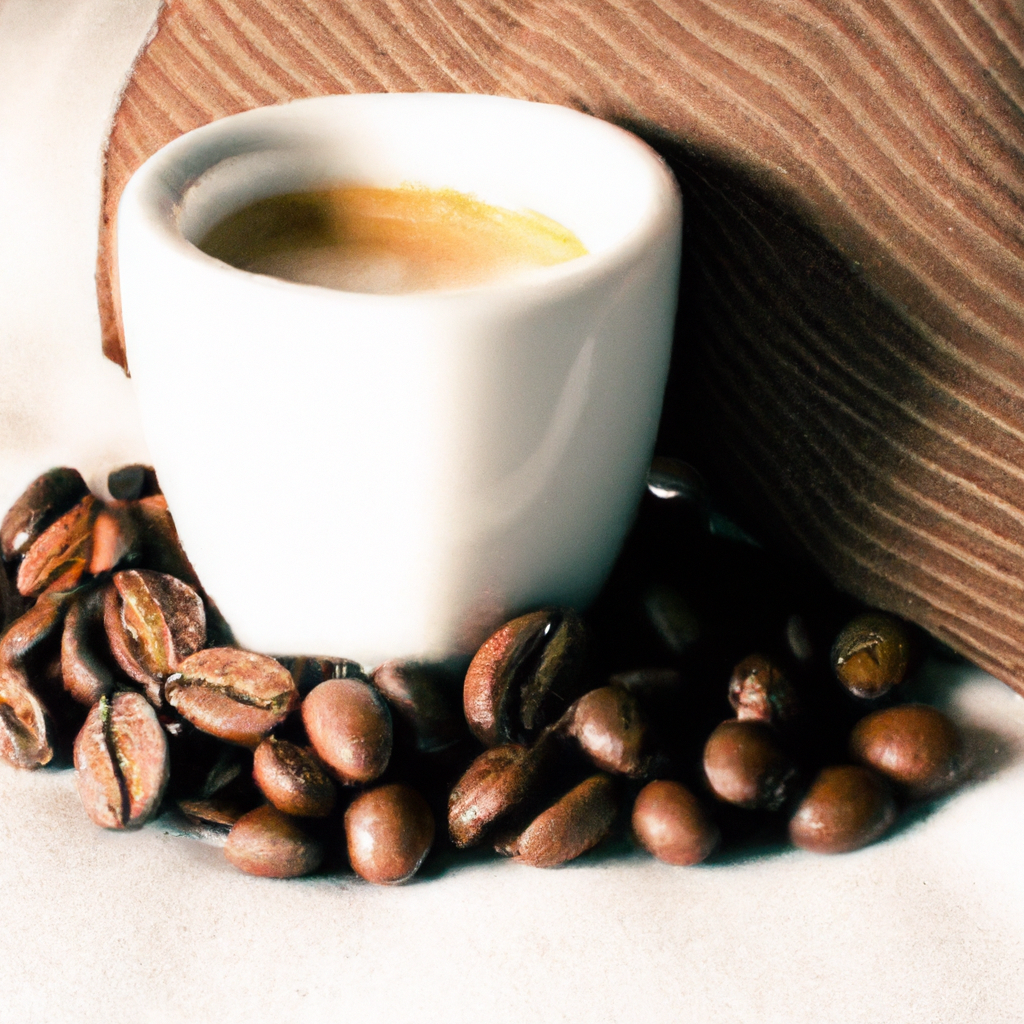
Effects of Caffeine on the Body
Caffeine can have both short-term and long-term effects on the body, which is why exploring its impact is important for any coffee lover, including myself.
How the body processes caffeine
Caffeine, once ingested, is absorbed into the bloodstream and stimulates the central nervous system. The result, for me, is feeling more awake, energetic, and focused.
Short-term effects of caffeine
In the short term, caffeine can increase alertness and reduce feelings of fatigue. However, too much can lead to restlessness, increased heart rate, and trouble sleeping.
Long-term effects of caffeine
Long-term effects, I observed, stem from habitual caffeine consumption. These could include dependence, withdrawal symptoms like headaches, and potential increased tolerance.
Considering Decaf Espresso vs. Other Beverages
Understanding how decaf espresso compares to other beverages has been useful in making lifestyle choices suited to my health and enjoyment.
Caffeine content comparison: Decaf Espresso, Tea, and Coffee
Compared to tea and coffee, the caffeine content in decaf espresso is significantly lower. It’s a beverage choice that appeals to folks like me who are sensitive to caffeine or prefer to limit their intake.
Health considerations when choosing a beverage
From a health perspective, each beverage offers unique benefits and drawbacks. Different beverages suit different people, taking into account individual tolerances, dietary needs, and personal tastes. For me, decaf espresso provides a satisfying coffee experience with less caffeine intake.
Understanding the role of preparation and serving size
The way a beverage is prepared and its serving size also affect its caffeine content. Whether I’m serving a single shot of decaf espresso, a full cup of tea, or a cafetière of coffee, it’s essential to factor in preparation methods and portion sizes when thinking about caffeine content.
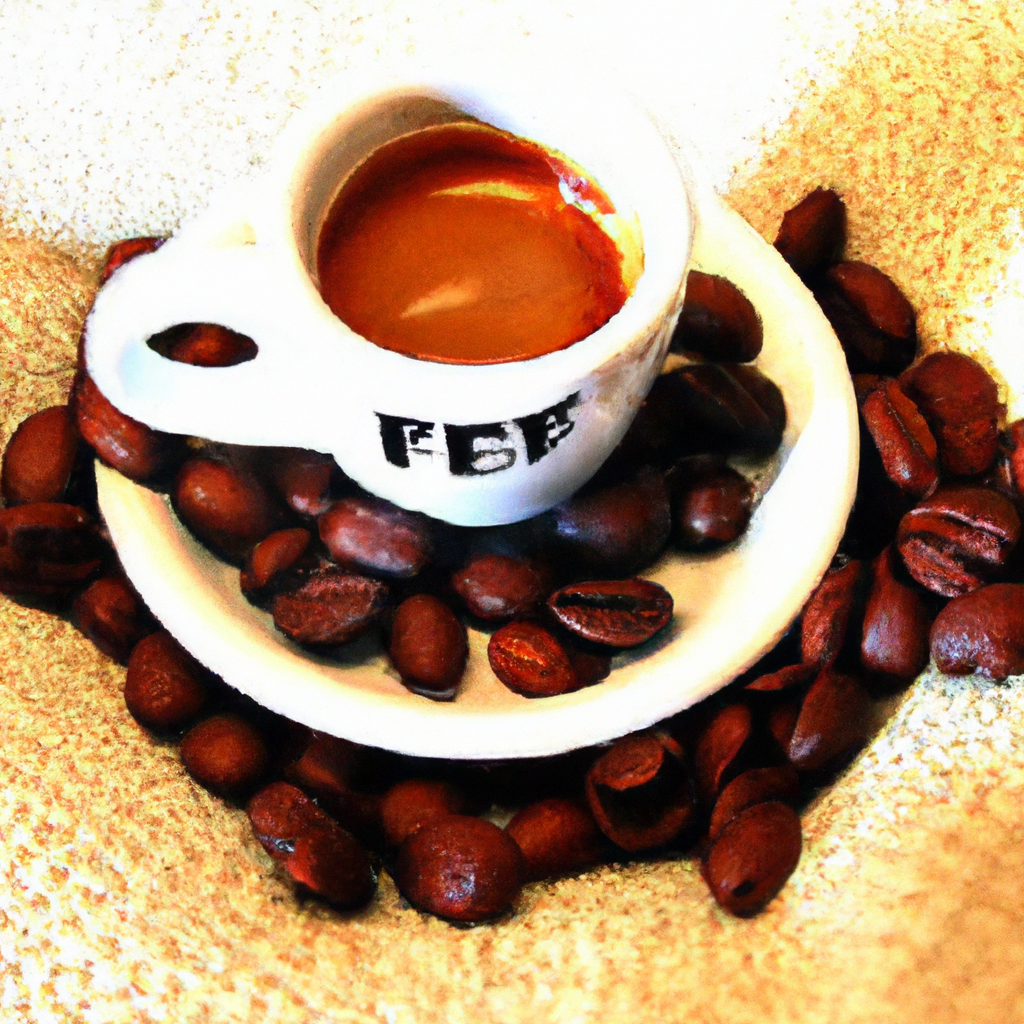
Variations in Decaf Espresso by Brand
It’s enlightening to discover how decaf espresso varies by brand, particularly in terms of caffeine content and flavor.
How different brands process Decaf Espresso
Each brand employs various methods for decaffeinating coffee, with some using water process, others deploying carbon dioxide process, and some opting for direct solvent methods. This discrepancy translates to variations in caffeine content and taste.
Comparing caffeine content in Decaf Espresso among different brands
Caffeine content, I found out, could change from brand to brand — some brands have decaf espresso with lower caffeine content than others, inviting me to make an informed choice based on my caffeine preferences.
How brand choice impacts caffeine consumption
Choosing a brand will inevitably impact how much caffeine I’m consuming. Being knowledgeable about the caffeine content in different brands of decaf espresso helps me make an informed choice based on my caffeine intake expectations.
Decaf Espresso and Sleep
The relationship between decaf espresso and sleep is intriguing, given that many of us drink coffee, particularly decaf, as a pre-bedtime ritual.
Impacts of regular and Decaf Espresso consumption on sleep patterns
Regular espresso, due to its higher caffeine content, might disrupt sleep patterns if consumed close to bedtime. On the other hand, decaf espresso is less likely to interfere due to its lower caffeine content.
Scientific studies on Decaf coffee and sleep health
Scientific studies report that consuming decaf coffee generally doesn’t significantly disrupt sleep quality or duration compared to regular coffee. However, everyone is different, and its effects can vary from person to person.
Advice for those planning to drink Decaf Espresso before bedtime
For those like me, who enjoy sipping on a warm cup of decaf espresso before bedtime, it’s reassuring to know that it’s unlikely to disrupt sleep as much as regular espresso might. However, it’s always also good to listen to our bodies and observe how any kind of coffee impacts our individual sleep patterns. We all respond differently to caffeine, even when it’s in smaller amounts.

